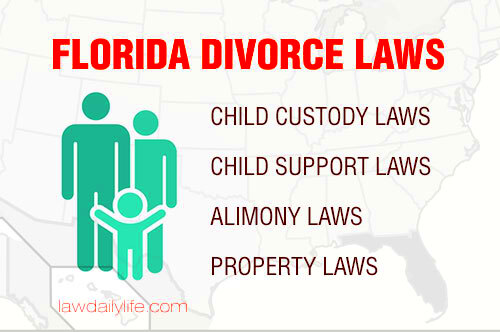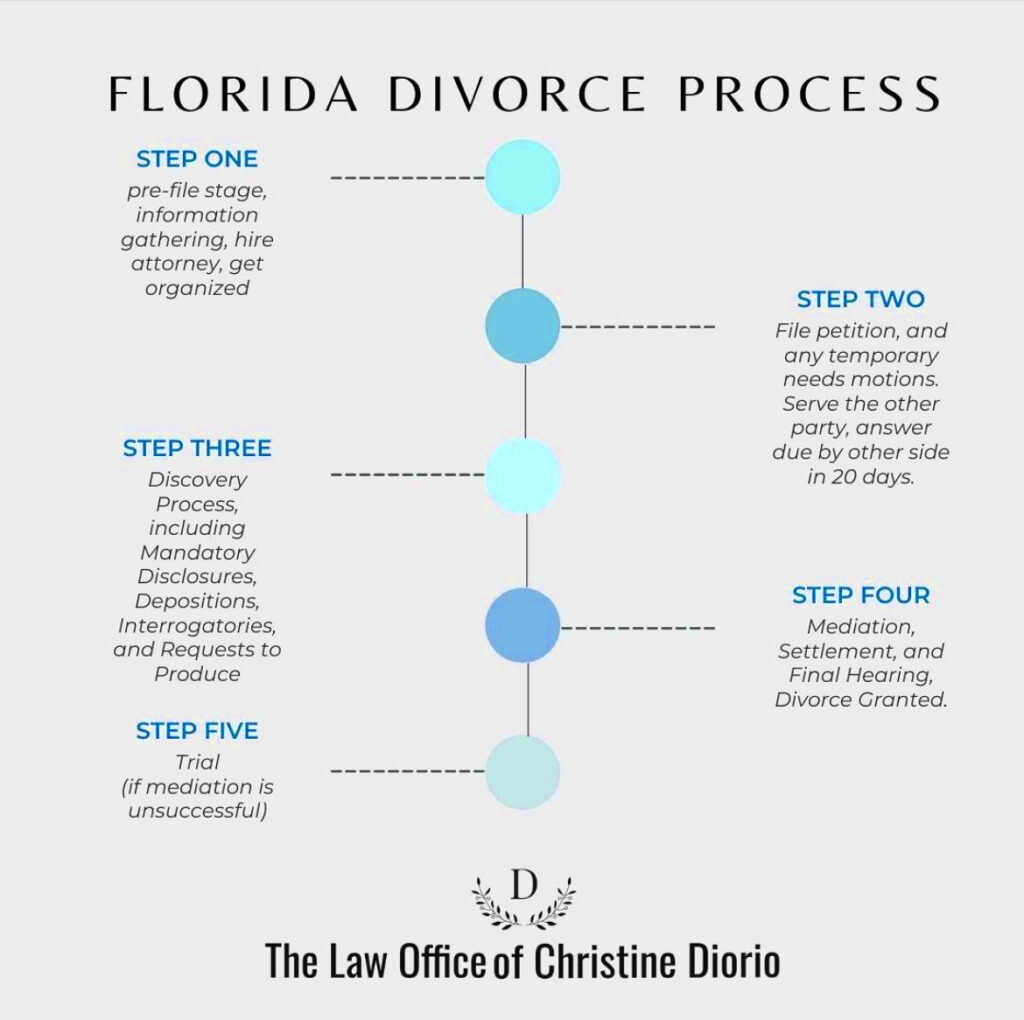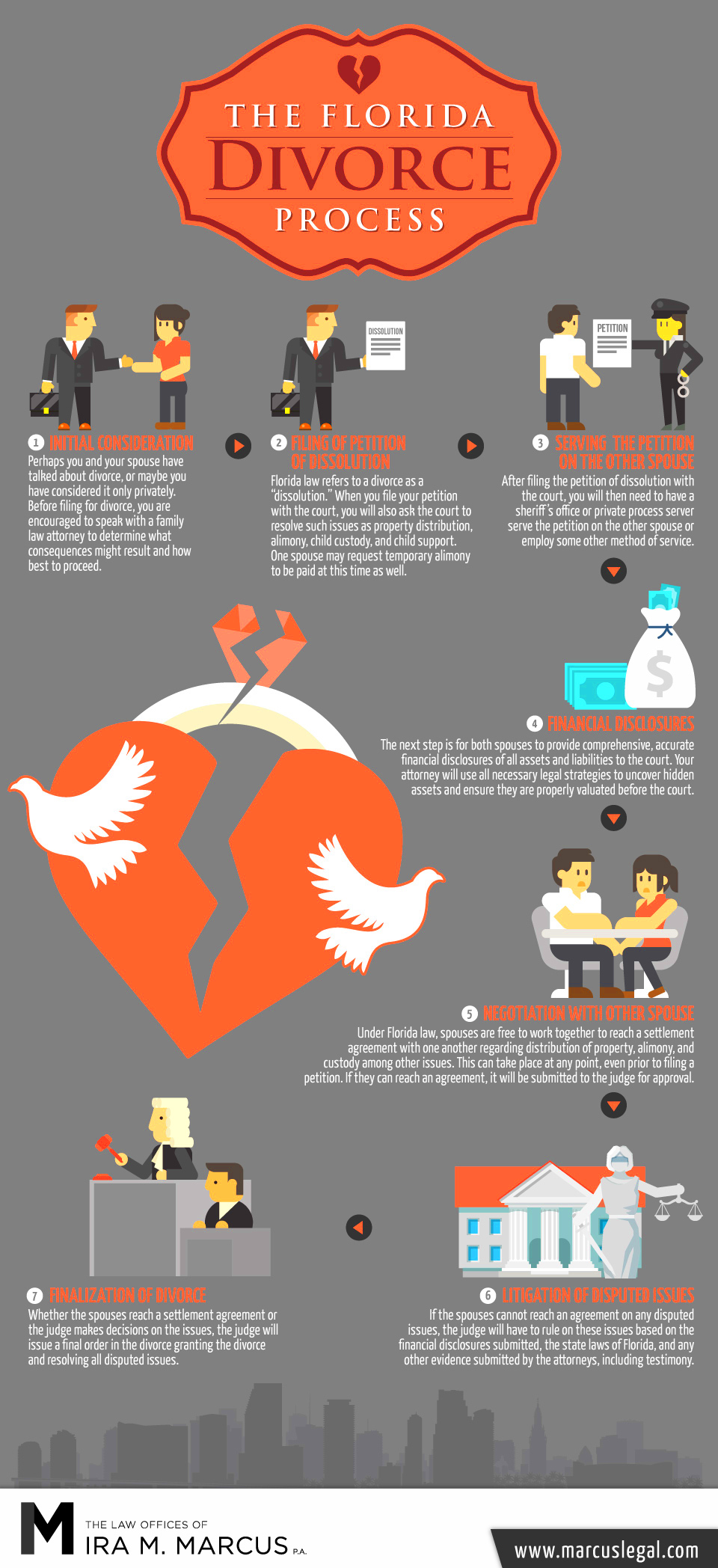Florida Adultery Divorce Laws Overview
Understanding Florida’s adultery divorce laws is essential for anyone navigating the complexities of divorce. Adultery can significantly impact divorce proceedings, affecting everything from the division of assets to alimony payments. In Florida, which is a no-fault divorce state, the reasons for divorce are often less significant than in other states. However, adultery still plays a role in some aspects of the legal process. In this blog post, we will explore what constitutes adultery, its effects on divorce, and the legal implications involved.
Definition of Adultery in Florida

In Florida, adultery is defined as a voluntary sexual relationship between a married person and someone who is not their spouse. It’s important to note that simply having an emotional affair does not qualify as adultery in the eyes of the law. Here are some key points to consider:
- Physical Relationship: Adultery involves a physical act, which can include any form of sexual contact.
- Proof Required: To claim adultery, the accusing spouse must provide evidence, such as photographs, messages, or witness testimony.
- Timing Matters: Adultery must occur during the marriage for it to be considered in divorce proceedings.
Understanding these elements can help clarify how adultery is viewed legally in Florida and its potential impact on divorce outcomes.
Impact of Adultery on Divorce Proceedings

Adultery can have various effects on divorce proceedings in Florida, even though the state follows no-fault divorce laws. Here are some key impacts:
- Grounds for Divorce: While Florida allows for no-fault divorces, adultery can be cited as a reason, potentially influencing the court’s decisions.
- Alimony Considerations: Courts may consider adultery when determining alimony. If one spouse can prove that the other’s infidelity led to the breakdown of the marriage, it may affect the amount and duration of support.
- Property Division: Adultery can influence how assets are divided. If one spouse spent marital funds on an affair, the court may take this into account during property division.
It’s crucial for individuals dealing with a divorce involving adultery to seek legal advice. Understanding the implications can help in making informed decisions throughout the process.
Legal Grounds for Divorce in Florida

Florida is known as a no-fault divorce state, which means that you don’t have to prove wrongdoing, like adultery, to get a divorce. The most common legal grounds for divorce in Florida is simply that the marriage is “irretrievably broken.” However, there are specific circumstances under which a court may consider fault-based grounds, including adultery. Here’s a breakdown of the main grounds for divorce in Florida:
- No-Fault Grounds:
- The marriage is irretrievably broken.
- One spouse has been mentally incapacitated for at least three years.
- Fault-Based Grounds:
- Adultery.
- Abandonment for at least one year.
- Domestic violence.
- Substance abuse issues.
Choosing the right grounds can influence the proceedings, especially if the case becomes contentious. Understanding these legal grounds can help you prepare for the process ahead.
How Adultery Affects Alimony and Property Division

Adultery can significantly impact both alimony and property division during a divorce in Florida. While the state follows no-fault divorce laws, evidence of adultery can still influence the court’s decisions in various ways:
- Alimony Considerations:
- If one spouse can demonstrate that the other’s infidelity led to the marriage’s breakdown, the court may consider this when deciding alimony.
- The duration and amount of alimony can be affected, especially if the cheating spouse spent marital funds on the affair.
- Property Division:
- The court aims for equitable distribution, meaning fair but not necessarily equal.
- If a spouse used joint assets to fund an affair, the court may compensate the other spouse by awarding them a larger share of marital property.
Understanding how these factors play out can be crucial for those dealing with a divorce involving adultery. Legal advice can help clarify your specific situation and rights.
Defenses Against Adultery Claims
When faced with adultery allegations during a divorce, it’s important to know that there are several defenses you can present. Successfully countering these claims can make a significant difference in the divorce process. Here are some common defenses:
- Lack of Evidence:
- The accuser must provide solid proof of adultery, such as photos, texts, or witnesses.
- If they cannot substantiate their claims, you may argue that the allegations are unfounded.
- Separation:
- If you were living apart for an extended period before the affair occurred, it may be argued that the marriage was effectively over.
- This can weaken the case against you.
- Consensual Relationships:
- If the relationship was not sexual or consensual, it might not qualify as adultery under Florida law.
- Emphasizing the nature of the relationship can help clarify the situation.
Understanding these defenses can empower you during divorce proceedings. Consulting with a legal expert can provide tailored guidance for your case.
Steps to Take if Adultery is Involved in Divorce
If you find yourself in a situation where adultery is a factor in your divorce, it’s essential to know the steps you can take to protect your interests. Navigating the emotional and legal complexities can be challenging, but following these steps can help guide you through the process:
- Gather Evidence:
- Document any proof of adultery, such as messages, photos, or witness statements.
- Keep this evidence organized and secure, as it may be needed in court.
- Consult a Lawyer:
- Seek legal advice from a family law attorney experienced in divorce cases involving adultery.
- A lawyer can help you understand your rights, potential outcomes, and the best strategies for your situation.
- Consider Mediation:
- Mediation can be a less adversarial way to resolve disputes, allowing you and your spouse to reach agreements amicably.
- It’s especially helpful in cases where communication is still possible.
- Stay Focused on the Future:
- While it’s natural to feel hurt or angry, try to focus on the future rather than dwelling on the past.
- Develop a support system of friends or counselors to help you navigate your emotions.
By following these steps, you can approach your divorce with more clarity and confidence, ensuring that you protect your rights throughout the process.
Frequently Asked Questions about Florida Adultery Divorce Laws
When it comes to Florida adultery divorce laws, people often have questions. Here are some common queries that can help clarify the legal landscape:
- Can I file for divorce based on adultery?Yes, while Florida is a no-fault divorce state, you can still cite adultery as a reason for divorce.
- Does adultery affect child custody?Adultery does not directly impact child custody decisions. Courts focus on the best interests of the child when making custody arrangements.
- How is alimony affected by adultery?Adultery can influence alimony decisions, especially if it’s proven that the affair impacted the marriage’s stability.
- What constitutes evidence of adultery?Evidence can include photographs, text messages, emails, or witness testimony about the affair.
- Can I get a divorce without proving adultery?Yes, in Florida, you can obtain a divorce without proving adultery, as no-fault grounds are available.
These FAQs aim to provide clarity on common concerns related to adultery and divorce in Florida.
Conclusion on Florida Adultery Divorce Laws
Florida’s adultery divorce laws can be complex, but understanding them is crucial if you find yourself facing a divorce involving infidelity. Adultery can impact various aspects of the divorce process, including grounds for divorce, alimony, and property division. It’s essential to gather evidence, consult with a knowledgeable attorney, and approach the situation thoughtfully. Remember that while the emotional toll can be significant, focusing on your future and taking proactive steps can help you navigate this challenging time. Whether you choose to pursue a no-fault divorce or cite adultery as a reason, being informed will empower you throughout the process.


